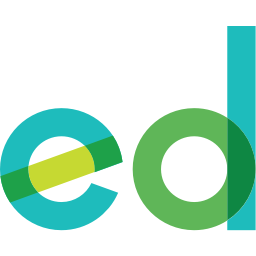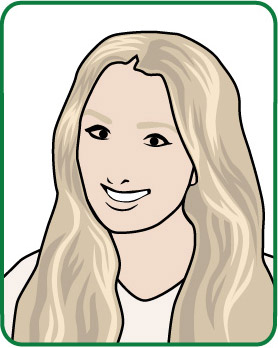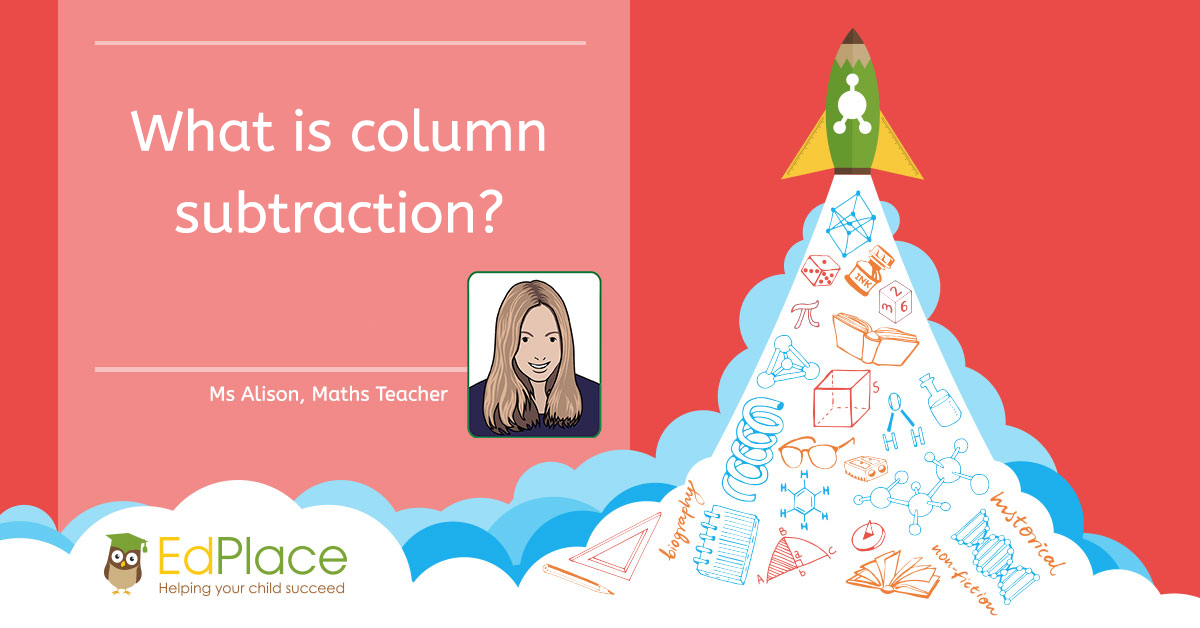The new National Curriculum is upon us and, at EdPlace, we’ve spent the summer preparing for this exciting and challenging new academic year. But what are the main differences in the curriculum that your child will face in September – and how has this affected the worksheets you know on EdPlace?
In this introduction, we’ll take you through the key changes in the National Curriculum, giving you a short overview for each key stage in English, Mathematics and Science so you’re also ready to ‘start school’ along with your child.
Key Changes in the Curriculum
In general, the overall expectations have been raised with the new National Curriculum. More topics are introduced earlier for the students, so five year-olds are now expected to learn to count to 100 while nine year-olds should know their 12 times tables.
The aim of the new curriculum is to catch up with the world’s best education systems, and students will be benchmarked against age-related expectations in other nations. But although the new curriculum is intended to be more challenging, the content is actually slimmer than the old curriculum – focusing on the essential core subject knowledge and skills.
The new curriculum applies to Key Stages 1, 2 and 3 – with the exception of Year 2 and Year 6, where the students will finish their key stage within the old curriculum. Key Stage 4 for English and Maths will come into action in 2015, and Science in 2016.
Let’s have a closer look at some of the key changes in English, Maths and Science so you can get a feel for the new topics your child can look forward to.
| ENGLISH | |
| General changes: | - High standards of literacy with a focus on learning grammar - Reading for pleasure to ensure that students develop a love for literature beyond the school gates - Focus on oral presentation such as debates and reciting poetry |
| Specific Key Stage changes: | |
| Key Stage 1 | - Greater emphasis on phonics as the dominant method for learning to read |
| Key Stage 2 | - Focus on the fundamental grammatical concepts, spelling and punctuation |
| Key Stage 3 | - Increased focus on formal ways of writing, e.g. essay writing - Reading for pleasure by studying two authors in depth each year |
| MATHS | |
| General changes: | - Earlier introduction of many mathematical topics - Fluency in the fundamentals of mathematics in both mental and written calculation - Problem solving by applying mathematics |
| Specific Key Stage changes: | |
| Key Stage 1 | - Times tables and number facts should be known by heart |
| Key Stage 2 | - Emphasis on the importance of mental fluency - Increasingly complex understanding of fractions and decimals - Money and financial education is reinforced |
| Key Stage 3 | - Probability and statistics are introduced and treated as two separate topics - Increased requirements for algebra, geometry and measures as well as ratios, proportion and rates of change |
| SCIENCE | |
| General changes: | - Emphasis on technical vocabulary and scientific knowledge - Understanding of nature, processes and methods of science - Scientific Enquiry has been replaced by Working Scientifically, which is broader and includes terminology and technics |
| Specific Key Stage changes: | |
| Key Stage 1 | - Emphasis on identifying and naming living things in nature and healthy diets |
| Key Stage 2 | - Evolution and climate changes as entirely new topics |
| Key Stage 3 | - Increasing understanding of Biology, Chemistry and Physics as different scientific subjects |
What Has Happened to the Worksheets on EdPlace?
We’ve spent the summer re-categorising our worksheets so that all content is now in line with the new curriculum. This means we have ‘moved’ existing content to different year groups (and occasionally key stages) to match the changes. We’ve tweaked and standardised all worksheet titles and descriptions to reflect the new curriculum categories as well as linking them to Topic Tags. Overall, this means even better and more accessible overviews of the curriculum when you are looking for new worksheets to assign to your child.
Curriculum Topic and Curriculum Subtopics
We have now introduced Curriculum Topics and associated Curriculum Subtopics. These replace the old Curriculum Coverage and Curriculum Skills. It’s a subtle difference that allows us to match how topics are referred to in the new curriculum. As part of the re-categorising of worksheets, we’ve abbreviated all descriptions from the new curriculum to make Curriculum Topics and Subtopics easy to digest and to ensure that your child is able to demonstrate their understanding of each part of a Curriculum Topic. Many of the Curriculum Topics are available as badges in bronze, silver and gold. Once your child has completed all worksheets in a Curriculum Topic, they will be awarded a bronze badge if they reach an average score of 70%, a silver badge for 80% and gold badge for 90%.

Sharpened Topic Tags
We’ve re-grouped many of our Topic Tags so they are even simpler to approach, understand and locate. At any time, you can click to see where these Tags fit in the new curriculum. This means you can easily search words such as ‘Magnets’, ‘Punctuation’ or perhaps ‘Multiplication’ to find all the worksheets that cover these areas. The Topic Tags are ‘badgeable’, too.
Year Groups in Key Stage 3
In the new National Curriculum, Key Stage 3 doesn’t specify year groups, which means all Curriculum Topics and Subtopics are the same within the Key Stage. We’ve sorted our worksheets into year groups based on the difficulty of the worksheet, allowing you to progress with your child through the years.
There’s no restriction on year groups, which allows you to assign work from anywhere across the EdPlace site. Your child won’t see what year they’re working in. This is a really effective way of building confidence in weak topics or challenging at the right level in stronger topics.
Levels to Indicate Complexity
The National Curriculum levels have been discontinued, so any level system is now up to each school’s own assessment systems. At EdPlace, our levels (1, 2 and 3) are still based on the degree of difficulty. Where one topic can be broken down into levels, our teachers have created three separate worksheets on that same topic so your child can work progressively through a series of worksheet.
Our Solution for Years 2 and 6
Our priority in recent weeks has been to focus on what we know is changing from September 2014. But that doesn’t mean that we’ve ignored students in Years 2 and 6. They will continue to be taught the 2013 programmes of study for English, Maths and Science during the 2014/2015 academic year. So, for now, our current worksheet content for these years will remain unchanged, so that you and your child can maintain continuity. However, work has already begun on preparing new worksheets for these years that can be launched at the optimum time.










